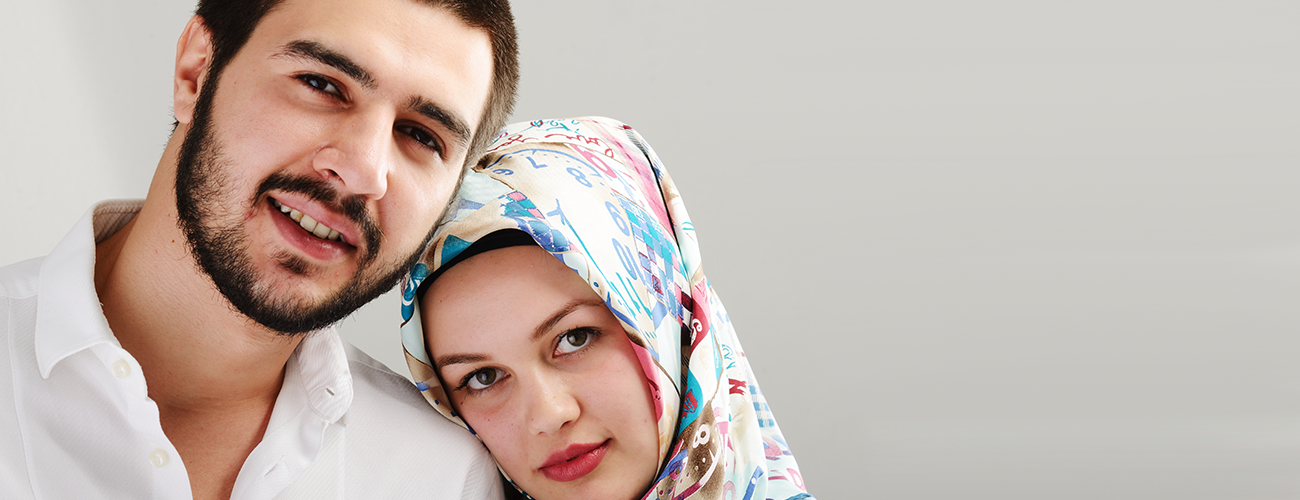
Western Sydney is extremely fortunate to be one of the most multicultural regions in Australia, with many different nationalities calling it home. The 2021 Census indicates that 52.6% of the Western Sydney population was born outside of Australia, much higher than the NSW average of 34.6%.
With 1 in 5 people across Australia experiencing a mental health problem each year, many people in a culturally and linguistically diverse (CALD) community find it difficult to seek out support due to language barriers, cultural stigma or socio-economic factors. This often prevents people in CALD communities from seeking support, or they disengage from programs they have been referred to.
These needs have also been highlighted in the periodical need assessment conducted by Western Sydney Primary Health Network (WSPHN). To address these community needs, the NSW Service for the Treatment and Rehabilitation of Torture and Trauma Survivors (STARTTS) program was introduced to engage the CALD community in co-designing mental health interventions and improve the larger mental and social wellbeing of the CALD community.
Supporting our Refugee Community
WSPHN has a long-standing relationship with STARTTS, which was commissioned as the first Western Sydney service designed to specifically support clients from refugee backgrounds. Since then, STARTTS has continued to evolve and increase their impact within the community, providing over 13,000 mental health interventions since March 2018.
Almost 93% of STARTTS clients were born outside of Australia, and 75% speak a language other than English. Through group sessions, counselling, mental health events, training and awareness days, STARTTS empowers community members to recognise signs of distress, employ coping mechanisms, build supportive community networks, and reduce the stigma around mental health.
CALD Mental Health Literacy and Suicide Prevention Program
The COVID-19 pandemic has also placed additional economic and social pressures on CALD communities. Between July 2021 and June 2022, 1412 clients were supported through the CALD Mental Health and Suicide Prevention Program through wellbeing, lifestyle and psycho-education groups, capacity-building, training, and information sessions.
“Everything will be okay”
For Syrian refugee, Aidah, when she arrived in Australia, leaving her children in Syria was heartbreaking, she found herself alone in a country she knew very little about and her mental health began to deteriorate rapidly. However, after discovering the STARTTS community she found not only support but new friends and interests.
“I passed through a very, very hard time, and I was always crying because I’m far away from my children. I didn’t know where to go. Everything was difficult when I first came, but when I came to STARTTS, they started to talk to me, to calm me down, ‘Everything will be okay. You’re going to be okay, you just need time’. And they helped me,” says Aidah.
STARTTS was able to support Aidah to find opportunities to study and work. She is now studying a Certificate IV in Community Services and has also completed a barista course. STARTTS have also offered her a greater sense of wellbeing and stress management through yoga courses.
“It helped me calm down my mind and body and to know people. We have some jokes. And it has physical benefits and mental also. It has really helped me a lot because I’m a person who is very active. I normally think of 10 things at the same time, but yoga helped me calm down,” she says.
“In the STARTTS community, I started to realise more and more that I am in a beautiful country. That they will help me. They will keep me going and help me be involved in the community and meet more people. To find a job, to study. There are a lot of opportunities in this country, and I am so glad to be here.”
Psychosocial Support Program for Refugees who Identify as LGBTQI
Along with our support of STARTTS CALD Mental Health program, WSPHN has also supported a new initiative delivering wellbeing interventions to refugees who identify as LGBTQIA+. This is the largest and most comprehensive national project that focuses specifically on LGBTQIA+ people from refugee backgrounds. The program empowers community members and leaders to reduce stigma and discuss issues such as loneliness and stress, immigration, health, employment, education and relationships. Knowledge about their rights and working collectively to face trauma is also a focus of the groups. Shared meals and social outings build a sense of community and reduce social isolation for LGBTIQA+ people that take part.
How to Access Support
Anyone can refer a person to the CALD Mental Health or LGBTQIA+ programs, including family members, friends, GP and allied health professionals. Self-referral is also available.
Call 9854 7300 or visit WentWest’s Population Health webpage for more information.